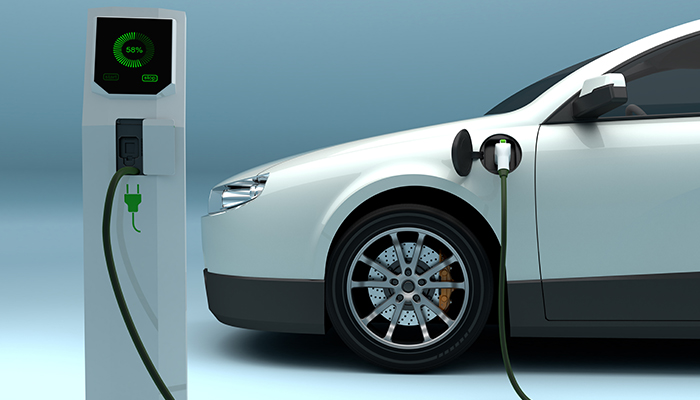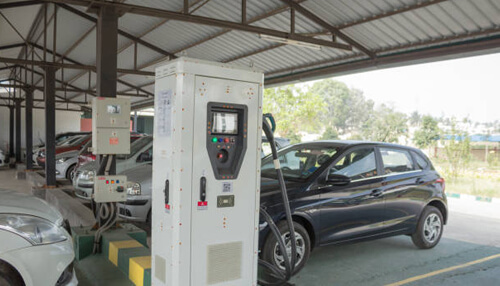Explain Electric Vehicle Tax Credit
The tax credit for electric cars is an incentive designed to buy EVs. It is to encourage people to meet income requirements to buy an EV. The vehicle should satisfy the battery, price, and assembly restrictions from the government as a tax credit.
Everything You Need To Know About The Complicated Tax Credit For Electric Cars
The EV Industry Has Expanded
The expansion of the electric vehicle industry implies including transit buses, cars, trucks, and tractor-trailers, electricity-powered at least partially. The sanitation trucks and the electric fire trucks are not the same as passenger cars. However, in 2021, with the inflation data, the electric fire truck, the first one, was welcoming. Soon, electric sanitation trucks are the anticipation to pick up the garbage and quietly recycle it in the neighborhoods.
Used Vehicles Qualify
The tax credit for electric cars was available only if you buy a new car. However, it has changed now with the Inflation Reduction Act. There is a tax credit in 2023 for clean cars pre-owned and two and more years older. It should weigh under 14000 pounds, cost $25,000 or lesser, and should be acquired from a dealer. If so, a 30% credit is available for the purchase price, keeping $4000 as the maximum limit.
Building Infrastructure for Electric Vehicle Charging
Charging electric vehicles requires building infrastructure suitable for charging. Charging vehicles will soon become crucial and more in demand. People buying electric cars, businesses, and public transit agencies wishing to go for EVs cannot install a charger. It means there will be an increase in infrastructure investments.
The limit of 200,000 Cap removed
A cap was imposed to prevent selling more electric vehicles in the United States. The cap was 200,000 for automakers as per the tax credit. Fortunately, the limit is no more, and the marketing efforts are less. However, consumers face difficulty in buying electric vehicles as there are no discounts available from manufacturers.
Price Limits
Consumers taking advantage of the change in tax credits for electric cars have fewer options. The materials price rise and the supply chain is disrupted. It is unrealistic to count, while new expenses of manufacturing batteries and assembling autos may start in connection.
Charge up Anywhere
Electric vehicles’ one advantage is to charge anywhere, no matter whether it is at work or home. Charging anywhere is your choice, car chaging stations, bus stations or store. With more electric vehicles in the market, new solutions for recharging will emerge. An excellent solution is the electric vehicles for bus fleets and trucks that visit a yard or a central depot regularly.
Transit Buses
The buses are the workhorse of the transit system, and the key is the electric vehicles. In the transit system, buses are the workhorse, providing affordable transportation. Every bus by 2040 will become an electric bus that will be clean, quiet, and a part of everyday life. It is crucial to introduce electric vehicles to the market for larger transportation and will ask for more marketing efforts.
Instant Payment
The tax credit will be at the point of sale for cash-in from 2024. Earlier, the benefits came on your tax return. You can discount directly the credit amount from the vehicle price and need not wait for the tax time.
Saving the Climate
Electric vehicles contribute to a greener world working as an Insurance claim. It offers the assurance of nothing detrimental or harmful to environmental health. Diesel and gasoline-powered vehicles produce air pollutants and are the reason for long-term health consequences due to air pollution.




